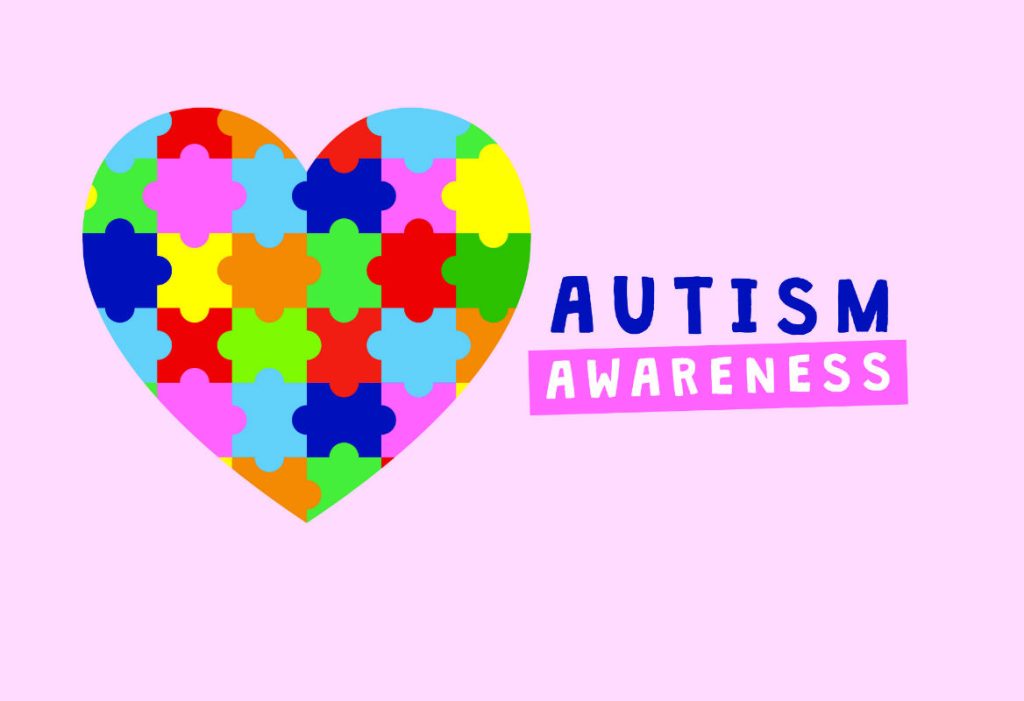BY age 2 it was clear that the boy had a sensibility all his own, affectionate and distant at the same time, often more focused on patterns and objects than the people around him. He was neither naturally social like his mother, nor an early and gifted reader like his father. Quirky, curious, exuberant, he would leap up and dance across the floor after solving a problem or winning a game, duck walking like an N.F.L. receiver posing for a highlight film. Yet after Phil and Susan Schwarz received a diagnosis for their son, Jeremy, of high functioning autism, they began to think carefully about their own behaviors and histories. Mr. Schwarz, a software developer in Framingham, Mass., found in his son's diagnosis a new language to understand his own life. His sensitivities when growing up to loud noises and bright light, his own diffidence through school, his parents' and grandparents' special intellectual skills - all echoed through his and Jeremy's behavior, like some ancient rhythm. His son's diagnosis, Mr. Schwarz said, "provided a frame in which a whole bunch of seemingly unrelated aspects of my own life growing up fit together for the first time." Researchers have long known that many psychiatric disorders and developmental problems run in families. Children born to parents with bipolar disorder, in which moods cycle between euphoria and depression, run about eight times the normal risk for developing a mood problem. Those born to parents with depression run three times the usual risk. Attention and developmental disorders like autism also have a genetic component. AS more youngsters than ever receive diagnoses of disorders - the number has tripled since the early 1990s, to more than six million - many parents have come to recognize that their own behavior is symptomatic of those disorders, sometimes in a major, but more commonly, in a minor way. In effect, the diagnosis may spread from the child to other family members, forcing each to confront family frustrations and idiosyncrasies that they might prefer to have left unacknowledged. "It happens very frequently, with all sorts of disorders, from attention-deficit difficulties to mood problems like bipolar disorder," said Dr. Gregory Fritz, a child psychiatrist and academic director of Bradley Hospital in Providence, R.I., the largest child-psychiatry hospital in the country. "Sometimes it's a real surprise, because the child is the first one in the family ever to get a thorough evaluation and history. The parents are there, and they begin to see the pattern." But diagnosing an adult through his or her child has its risks, psychiatrists say. In an act of solidarity, parents may exaggerate similarities between their thinking and behavior and their son's or daughter's. Families desperate to find a diagnosis for a troubled child are also prone to adopt a vague label - bipolar disorder, say, which is not well understood in young children - and attribute all variety of difficulties to it, when the real source may be elsewhere. But psychological experts say traces of a disorder in the family tree are very often real, and the stickier issue is what to do once they surface. Depending on the family, for instance, one parent may not want to shoulder the responsibility for having "passed on" the behavior problem, they say. "The adult may have spent a lifetime compensating for the problem, as well, and is still struggling with it and would rather not be identified that way," said Dania Jekel, executive director of the Asperger's Association of New England. Openness can nonetheless have its benefits, say parents who have chosen to accept their contribution to a child's diagnosis. Self-examination, for instance, may lead to an appropriate diagnosis for the adult. Norine Eaton, 51, of Williamsville, N.Y., reared two boys who were diagnosed with attention deficit disorders. "The younger one was literally climbing out second-floor windows, climbing bookcases, onto counters," she said. "Nothing was safe in the house. It was insanity." After the boy and his brother each received a diagnosis of attention deficit disorder, Ms. Eaton sought treatment at the Center for Children and Families at the State University at Buffalo, where she now works. She soon began thinking about her own behavior, past and present. She had long had difficulty focusing on even simple jobs, like paying bills on time and remembering and keeping appointments. She decided to have one of her sons' psychologists evaluate her for attention problems. The symptoms of attention deficit disorder, which some scientists now see as a temporary delay in the maturing of the brain, can last through adulthood, but it almost always shows up first in childhood. To make a proper diagnosis, doctors like to see some evidence of a problem in childhood - evidence that can be hard to come by. "In my case, I went to school here in Buffalo, and I dug through some boxes and found reports going back to elementary school," Ms. Eaton said. "Sure enough, they said things like, 'Disorganized,' and 'Has trouble paying attention.'" She now takes a stimulant medication, she said, that helps her focus enough to compensate for the problem, by making calendars, notes to herself, and responding to invitations and messages on time. Once it's out in the open, knowledge of a parent's diagnosis or behavioral tendencies can ease strained relations in a family, especially if the previously unappreciated disability contributed to the rupture. John Halpern, 76, a retired physicist living in Massachusetts, began to review his own life not long after hearing a radio interview with an expert on Asperger's syndrome. He immediately recognized himself as a textbook case, he said, and decided to call his daughter, whom he hadn't spoken to in 10 years. He wanted to apologize, he said, "for my inadequacy as both a father and a husband to her mother." But as soon as he started explaining, he said, his daughter cut him off. "That's Asperger's," she told him. "She knew," he said. "She had been looking into it herself, wondering if in
Your Child’s Disorder May Be Yours, Too Read More »



